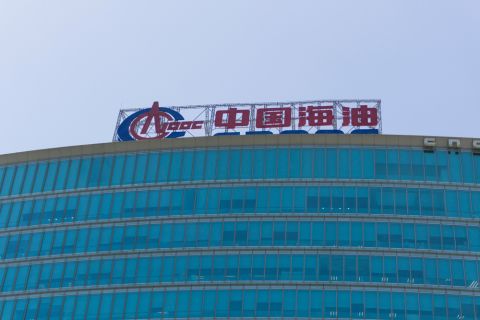When oil and gas executives made their investment presentations during UBS Warburg Securities LLC's 2002 energy and utility conference, it wasn't a case of their simply saying their companies were "the anti-Enron." But several came remarkably close. Chief among them was EOG Resources Co., whose chairman, Mark Papa, seemed almost passionate in his denunciation of the off-balance-sheet financing schemes that apparently led to the collapse of the Houston independent's former parent, Enron Corp. Since it separated from the diversified energy supplier, the former Enron Oil & Gas Corp. has practiced what Papa calls "financial efficacy." It has no special-purpose entities (SPEs) and no off-balance-sheet financing. It uses the more-conservative successful-efforts accounting method and has taken no significant earnings writedowns since completing its separation from Enron. And its audited reserves have been within 5% of internal estimates for 14 consecutive years, Papa says. EOG's single remaining relationship to Enron is that the latter holds approximately 11.5 million shares of EOG. The fate of that equity is uncertain, while Enron is in bankruptcy. "We had the highest return on equity [ROE] and return on capital employed [ROCE] in our peer group from 1996 through 2001...As one of the very few larger independents with the demonstrated ability to grow organically in North America, we expect to be well positioned when North American gas prices turn upward during the second half of 2002," Papa maintains. Other executives also emphasized keeping operating costs low and balance sheets strong. Despite producing gas primarily from unconventional resources, Evergreen Resources Inc. continues to have the lowest operating cost of any U.S. producer because it uses an integrated approach, according to its chairman, Mark Sexton. "We operate all our wells in our reserves and internally handle the gas-marketing, drilling and production services," he explains. Top executives with drilling and other oil-service companies also seemed more sensitive than ever to providing information to investors. "Financial reporting always can be improved," one buysider says. "But I'd have to say that most of the companies in this group won't have to make serious changes in their reporting practices." -Nick Snow
Recommended Reading
Sangomar FPSO Arrives Offshore Senegal
2024-02-13 - Woodside’s Sangomar Field on track to start production in mid-2024.
NAPE: Chevron’s Chris Powers Talks Traditional Oil, Gas Role in CCUS
2024-02-12 - Policy, innovation and partnership are among the areas needed to help grow the emerging CCUS sector, a Chevron executive said.
CNOOC Makes 100 MMton Oilfield Discovery in Bohai Sea
2024-03-18 - CNOOC said the Qinhuangdao 27-3 oilfield has been tested to produce approximately 742 bbl/d of oil from a single well.
TPH: Lower 48 to Shed Rigs Through 3Q Before Gas Plays Rebound
2024-03-13 - TPH&Co. analysis shows the Permian Basin will lose rigs near term, but as activity in gassy plays ticks up later this year, the Permian may be headed towards muted activity into 2025.
Proven Volumes at Aramco’s Jafurah Field Jump on New Booking Approach
2024-02-27 - Aramco’s addition of 15 Tcf of gas and 2 Bbbl of condensate brings Jafurah’s proven reserves up to 229 Tcf of gas and 75 Bbbl of condensate.





